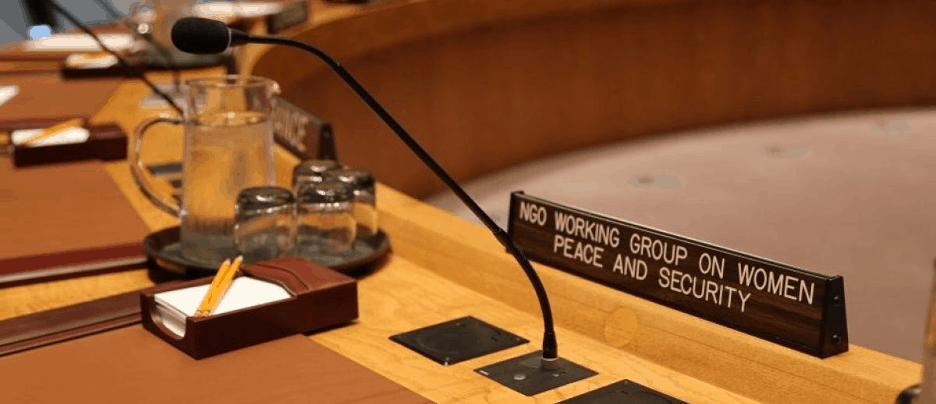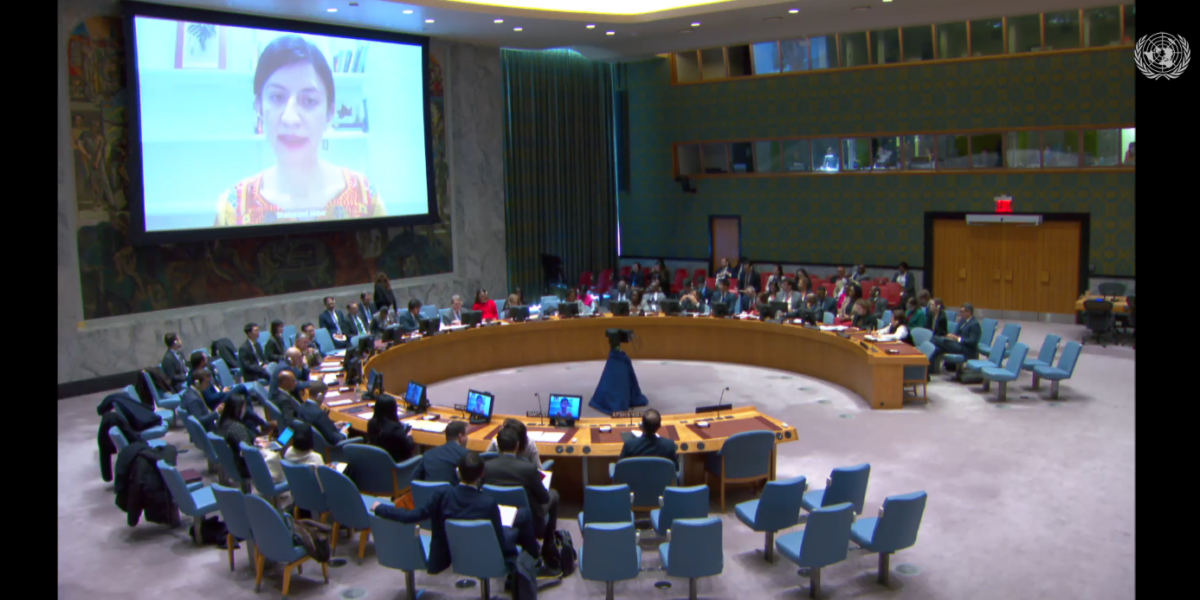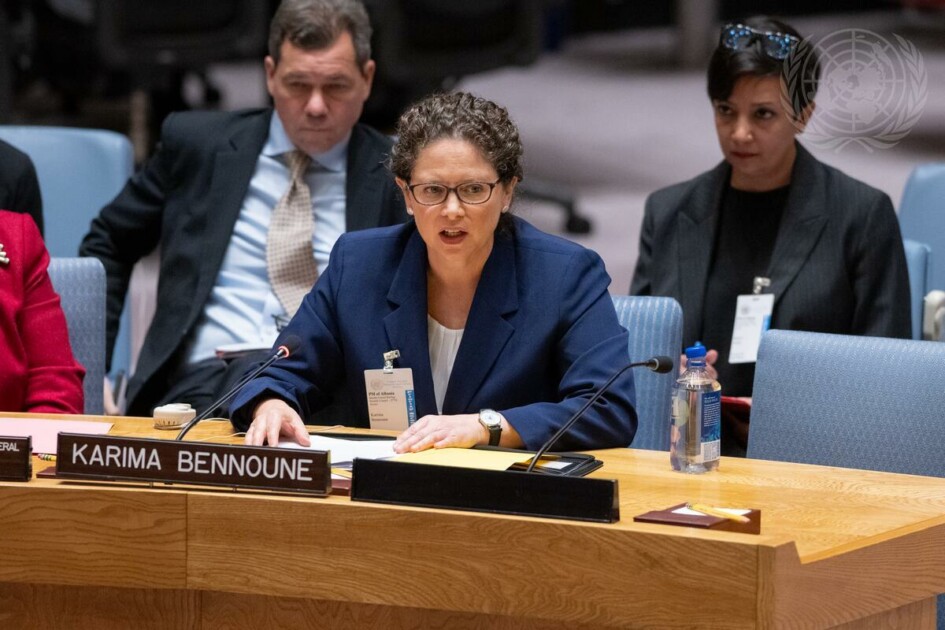Afghanistan
Afghanistan
Afghanistan has been engulfed in violent armed conflict since the fall of the Taliban regime in 2001, and efforts to build sustainable peace while preventing the re-establishment of extremist rule depend on the inclusion of women.
Living in the most dangerous place in the world to be a woman, as the Thomas Reuters Foundation revealed in 2011, Afghani women have emerged as leaders in the peace process— advocating constantly for more inclusive government, and inspiring marginalized groups nationwide to demand a place in the political system. Despite the important role that Afghani women play in bringing about social change in Afghanistan, many barriers to their involvement still exist.
Based on the work of NGOWG members and their partners, the NGOWG advocates for eliminating these barriers by encouraging UNAMA to support the Afghan government in fully implementing the National Action Plan on Women, Peace and Security (NAP), and ensuring women’s full and equal participation in regularly held elections.
Current and Past Recommendations to the UN Security Council (Monthly Action Points)
Expected Security Council discussions regarding the Secretary General’s report and mandate renewal of the UN Assistance Mission in Afghanistan (UNAMA) must identify challenges and remedies regarding national and international efforts to advance women’s integration into the political, economic, and social life of Afghanistan. Given preparations for international forces to disengage militarily in 2014, as well as upcoming elections, all relevant international actors must ensure women’s rights are not sacrificed in these processes, and should ensure that women’s security and ability to move freely throughout the country are indicators of the transition’s success. The Council is therefore urged to:
- Call for strong measures to ensure the protection and participation of women candidates & voters in the next election;
- Strongly support the independence and effectiveness of the Afghan Independent Human Rights Commission;
- Continue the useful work that has been done on tracking enforcement of the EVAW Law, and tracking civilian casualties disaggregated by gender;
- Play an active role in monitoring all actions by the Afghan government and parliament that affect women’s rights, respond forcefully and immediately to any backsliding on women’s rights, and provide pressure and assistance to the government to implement the summer 2013 recommendations of the CEDAW committee. The Council should specifically call on President Karzai to refuse to sign the draft Criminal Procedure Code (CPC) into law as it stands, and to reject any amendments that would limit the ability to ensure justice for violence against women;
- Support efforts to address the needs of the internally displaced population, a large number of whom are women, by calling for the policy to be in line with international standards, finalized, and approved as soon as possible;
- Ensure the UNAMA mandate gives strong, explicit support for senior gender expertise and advice; and
- Ensure that the language encouraging women’s involvement in all efforts to establish a lasting peace in Afghanistan, including in peace jirgas and any peace negotiation process, is tied to concrete support and implementation.
Expected Security Council discussions regarding the Secretary General’s report and mandate renewal of the UN Assistance Mission in Afghanistan (UNAMA) must identify challenges and remedies regarding national and international efforts to advance women’s integration into the political, economic, and social life of Afghanistan. Given preparations for international forces to disengage militarily in 2014, as well as upcoming elections, all relevant international actors must ensure women’s rights are not sacrificed in these processes, and should ensure that women’s security and ability to move freely throughout the country are indicators of the transition’s success. The Council is therefore urged to:
- Call for strong measures to ensure the protection and participation of women candidates & voters in the next election;
- Strongly support the independence and effectiveness of the Afghan Independent Human Rights Commission;
- Continue the useful work that has been done on tracking enforcement of the EVAW Law, and tracking civilian casualties disaggregated by gender;
- Play an active role in monitoring all actions by the Afghan government and parliament that affect women’s rights, respond forcefully and immediately to any backsliding on women’s rights, and provide pressure and assistance to the government to implement the summer 2013 recommendations of the CEDAW committee. The Council should specifically call on President Karzai to refuse to sign the draft Criminal Procedure Code (CPC) into law as it stands, and to reject any amendments that would limit the ability to ensure justice for violence against women;
- Support efforts to address the needs of the internally displaced population, a large number of whom are women, by calling for the policy to be in line with international standards, finalized, and approved as soon as possible;
- Ensure the UNAMA mandate gives strong, explicit support for senior gender expertise and advice; and
- Ensure that the language encouraging women’s involvement in all efforts to establish a lasting peace in Afghanistan, including in peace jirgas and any peace negotiation process, is tied to concrete support and implementation.
Relevant Resources










